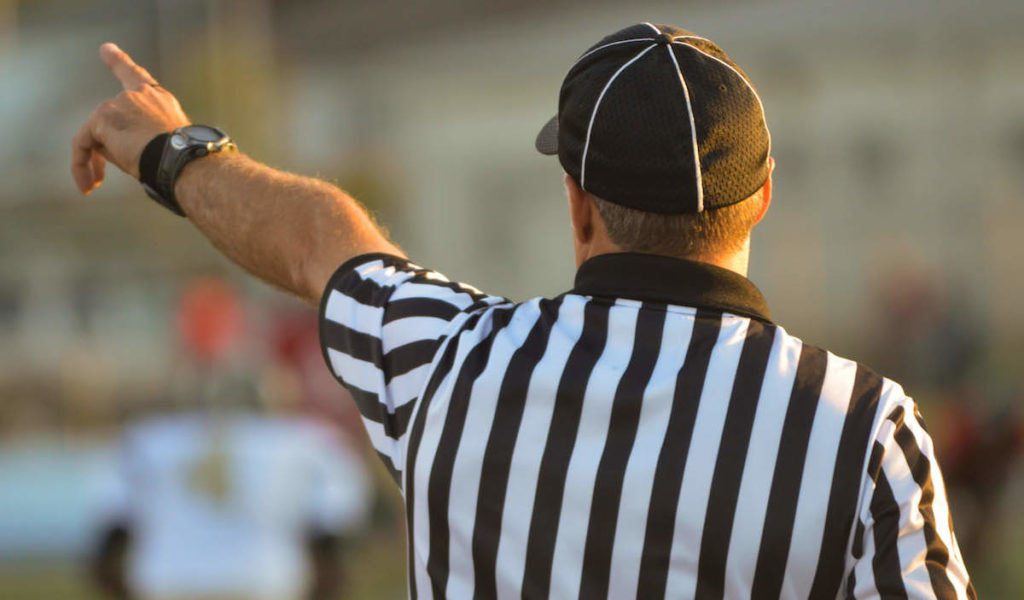Some of the biggest names in the National Football League are speaking out about painkiller use, use and addiction. Brett Favre Just last week, retired pro quarterback Brett Favre opened up about the challenges he faced with a painkiller addiction to Vicodin. “I took 15 Vicodin at one time,” Favre recounted. “Two gave me an effect I liked. After a month, two didn’t do anything, so I’d take three… then four and so on… I knew that 15 was hard to come by. A month’s prescription is 30 pills or something, depending on what they prescribe for you, and I was going through that in two days. I would ask this guy for pills and that guy for pills. After a while, I was going back around pretty quickly.” The three-time MVP Green Bay Packer says the painkiller addiction nearly took control of his life nearly 20 years ago and recounted when he decided to take action to quit: “I’d hit rock bottom and I said, ‘I’m going to flush these down the toilet.’ I remember when I poured them in the toilet and it started to flush, I almost crawled into the toilet to go after them because I thought, “What in the world did you do?’ I was so dependent on them.” In his interview, the QB says he quit ‘cold turkey’ but wishes he had gone to a doctor or rehab facility to work through his detox and recovery. “That was the worst month. I shook every night, cold sweats, it was a constant battle.” Favre isn’t the only former NFL player to speak out on addiction. Retired wide receiver Calvin Johnson also recently voiced his own concerns about the NFL’s medical staff and how painkillers are dispensed to players. According to Johnson, powerful, addictive opioids were – until recently – handed out “like candy.” Calvin Johnson “If you were hurting, then you could get them. It was nothing,” Johnson said. “I mean, if you needed Vicodin, call out, ‘My ankle hurt.’” He continued by saying, “If you were dependent on them, they were readily available.” Reports confirm that more than 1,500 former NFL players have filed a class-action lawsuit against the NFL, alleging that doctors and trainers often dispensed prescription painkillers without proper examinations – or even a written prescription. Randy Gregory Just last week, Dallas Cowboys defensive lineman Randy Gregory checked into a drug addiction treatment facility after reportedly violating the NFL’s substance-use policy . He previously received a four-game suspension for violating the policy in February – he now faces a ten game suspension for the second violation. Johnny Manziel Also, continually making press is former Cleveland Brown’s quarterback and Texas A&M star, Johnny Manziel. Manziel’s rap sheet continues to grow, while his time in the NFL was cut short. The league suspended the QB for violating their policy on substances of use. What We Can Learn From The NFL Like most families, the NFL struggles to figure out how to deal with addiction. They’ve spent years trying to punish players with fines for violating their policies; They’ve turned their cheek to the risks of drug addiction – with excuses to keep their players on the field; They’ve given in to demands of addicted players for additional painkillers; In Johnny Manziel’s case – the team may have even failed to report his hangover, instead making the excuse that he sustained a concussion. When families deal with addiction, they’re usually at a loss, as well. Just like the NFL recruits players that they’ve seen perform at their best – families also know the side to their loved ones that don’t involve alcohol or drugs. We know and love our family members for their best qualities – and when addiction creeps in, we do anything we can to help them return to that state. Like the NFL, families do things they wouldn’t normally do to help: We lie, we make excuses, we overlook the devastation, and we sometimes take actions that don’t actually treat the problem – just the symptoms of it. Another point to note is that addiction knows no bounds: Race, religion, resume, economic status or profession. These football players are some of the best the league has seen – do you think any one of them woke up hoping to throw away their bodies, minds and careers for a drink or a pill? Unlikely. We hope that the National Football League can find an answer to their addiction issues by addressing concerns of over-prescribing and dispensing unnecessary painkillers, helping players enter rehab – rather than just enforcing suspensions and fines, and most importantly, by ending any enabling patterns that allow players to continue actively using.
The NFL’s Ongoing Battle With Addiction


